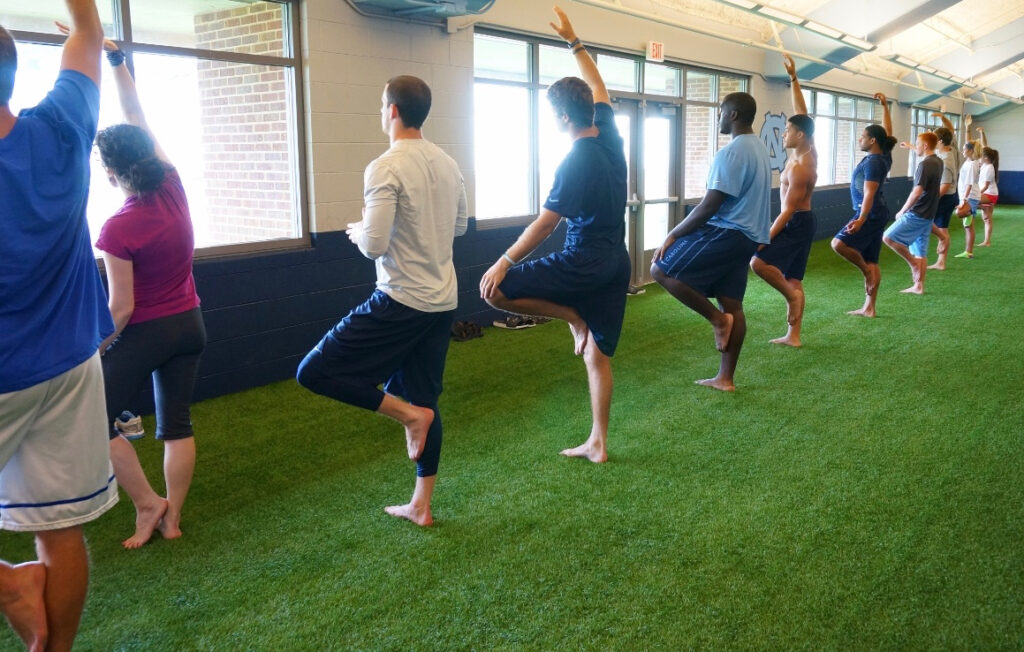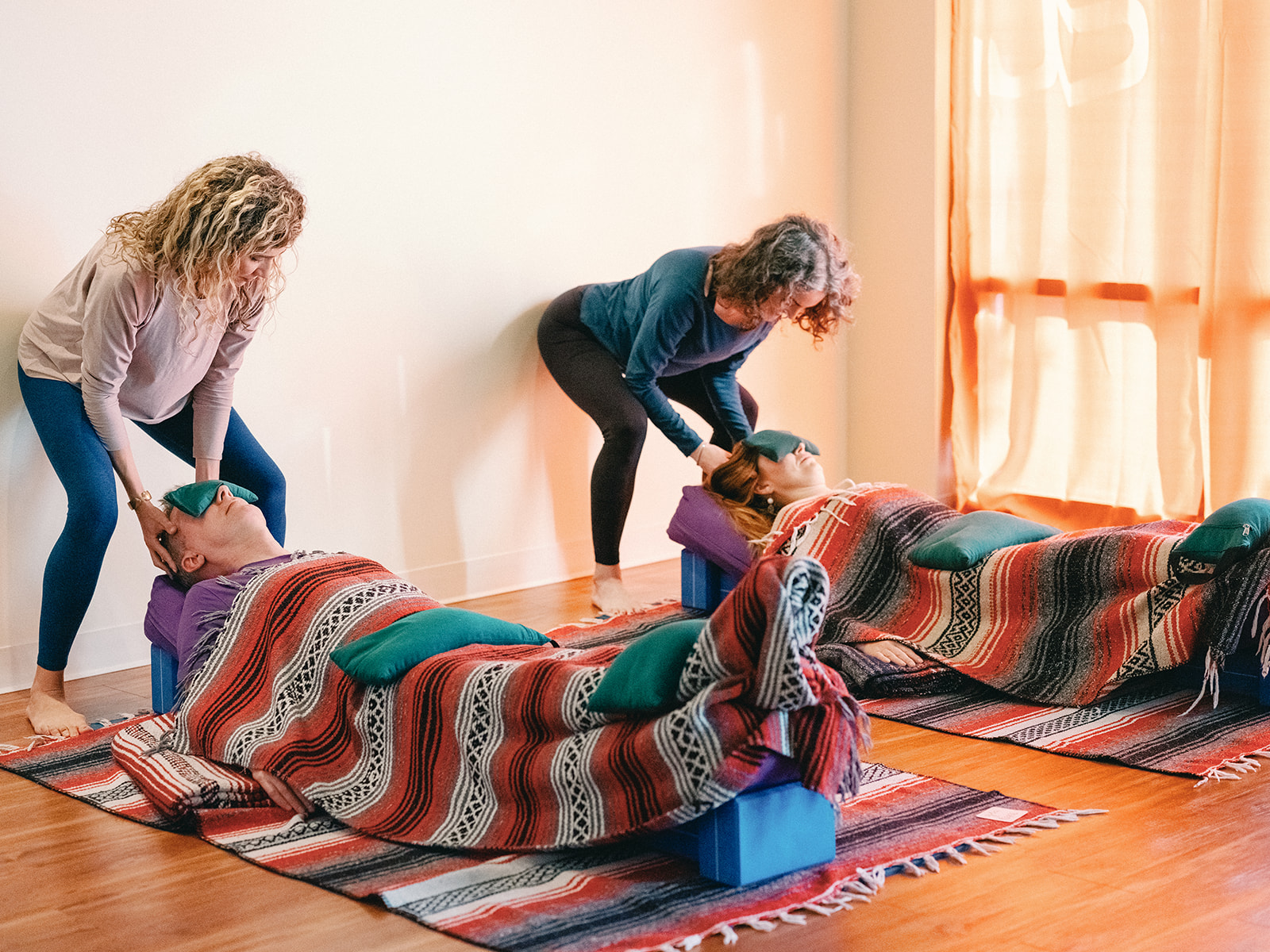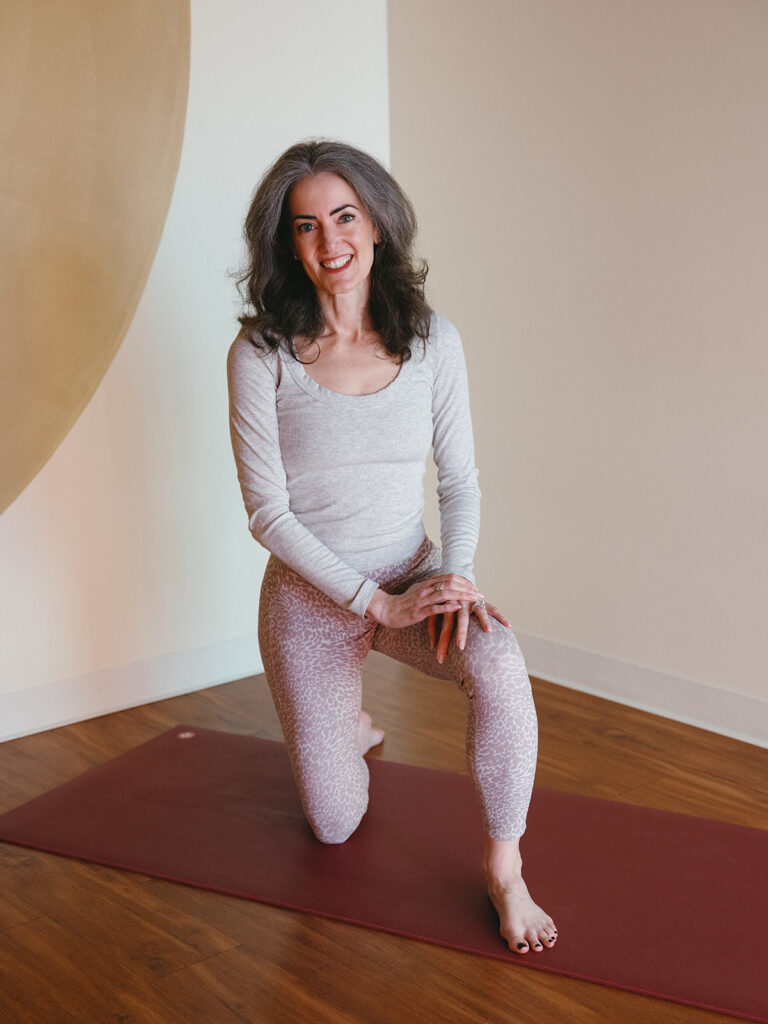I walked you through the five steps to developing successful workshops that help your students solve problems and live with greater ease.
To recap, they are:
- Design the Workshop
- Place the Workshop
- Promote the Workshop
- Teach the Workshop
- Refine the Workshop
Today, let’s drill down into step 1, to see how you can design a workshop that helps your students best.
This exercise will also help you find your niche and hone your voice as a teacher across all the things you offer: workshops, classes, even social media and any other messages you deliver to your students.
To find your voice, think like a journalist. Ask yourself these questions about your students:
Who, what, where, when, why, and how.

Who are your students?
What do the students you see in your weekly classes have in common? Is it a particular age, occupation, family situation, physical condition?
For example: they are yoga teachers who seek advice from seasoned mentors so they can help their students better
What is a problem they have?
What is a pain point they suffer?
For example: not knowing the first next step in planning a workshop, having ideas but no clear plan on how to enact them
Where does this problem arise?
Is this problem specific to a location? Where are your students when it happens?
For example: at their computer, thinking about planning their next class, workshop, or piece of content
When does this problem happen?
Is there a particular time of year when this problem arises? Or a point in someone’s life: menopause, divorce, moving house?
For example: at the start of the calendar year, or immediately after yoga teacher training
Why does it happen?
Can you work back to the root cause of the problem?
For example: teacher trainings often focus on classes, not workshops, even though they share a lot in common
How can you solve this with yoga or related tools?
What methods have you learned in dealing with this problem yourself, and how can they benefit your students?
For example: this blog post! I also wrote about creating workshops in The Professional Yoga Teacher’s Handbook and created an online workbook course with mentorship called The Workshop Workbook.
Answering these questions will help you understand your students’ needs better. Once you’re clear on where they suffer, you can help solve their problems!
Sign up here for a free five-lesson email course to help you nail your niche and develop workshops that help your students—and your career:


